
Many couples are facing the same problem: difficulty or complete inability to conceive. However, special techniques, developed in the recent years, have made it possible for many couples to conceive using egg donations. Egg donations are especially helpful for women, whose ovaries do not produce enough healthy eggs. Egg donation is a complete process in which a woman provides one or several eggs, for purposes of assisted reproduction. Egg donation involves in vitro fertilization, where the eggs are fertilized in the laboratory. However, the role of egg donor is complete once the eggs have been obtained. A donor usually provides 10 to 15 eggs.
Who can become an egg donor?
Becoming a donor is an important decision. Many women would gladly become donors, but not everyone can donate eggs. There are various criteria set by various programs. Some of them are especially strict and designed to maximize chances of successful fertilization and pregnancy. Most commonly, egg donors are between 21 and 35 years old. The older women are restricted from donations as, with aging, the chance of abnormalities in eggs drastically increases. Restricting the selection to younger women makes pregnancy more likely and decreases the risk of birth defects.
Egg donation procedure
A person applying for an egg donor will probably need to have a couple of medical visits before getting accepted. A donor will need to undergo a physical and gynecological exam, review of medical and family history, blood and urine tests, and a psychological evaluation. The donor will be examined for hormone levels and various infection diseases. A donor will also need to discuss the legal issues with a program representative and give a final consent.
The donation cycle usually lasts somewhere between three and six weeks. The donor will need to take a number of fertility drugs, or injections, in order to stimulate ovaries to produce many eggs at one time. While this part of the process takes place, donor will need to have very frequent medical examinations. During the first stage, donor will receive birth control pills to synchronize the cycle with the recipient's. When the follicles are mature, doctors will schedule the egg retrieval procedure, a minimally invasive surgical procedure. Donor will receive an injection of HCG hormone 36 hours before the retrieval, which lasts somewhere from 20 to 30 minutes, and is performed with light general anesthetic. During the procedure, doctors will insert a small ultrasound-guided needle through the vagina, to aspirate the follicles. Donor is released an hour or two after the procedure and may resume usual activities by the next day.





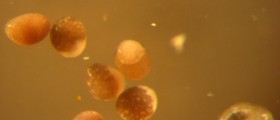






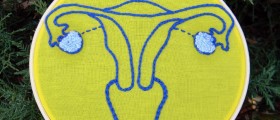

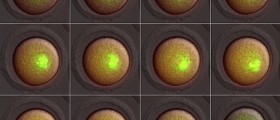
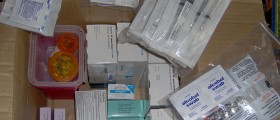
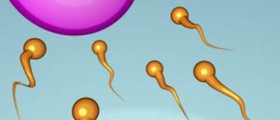
Your thoughts on this
Loading...